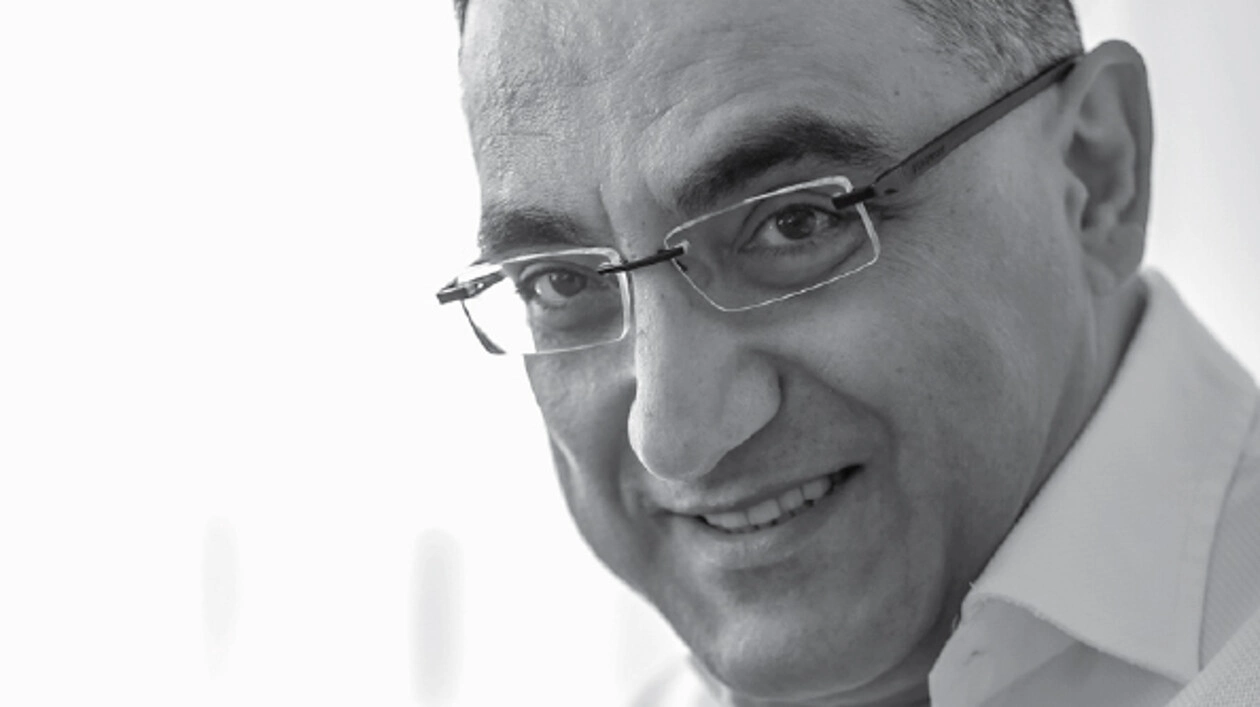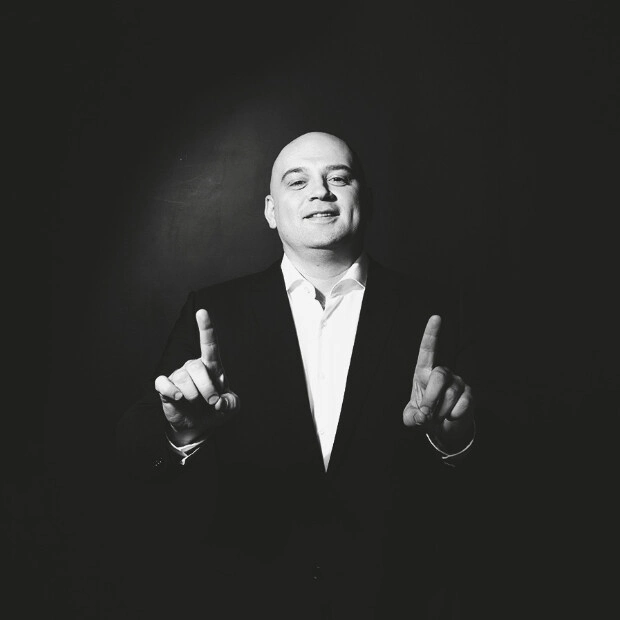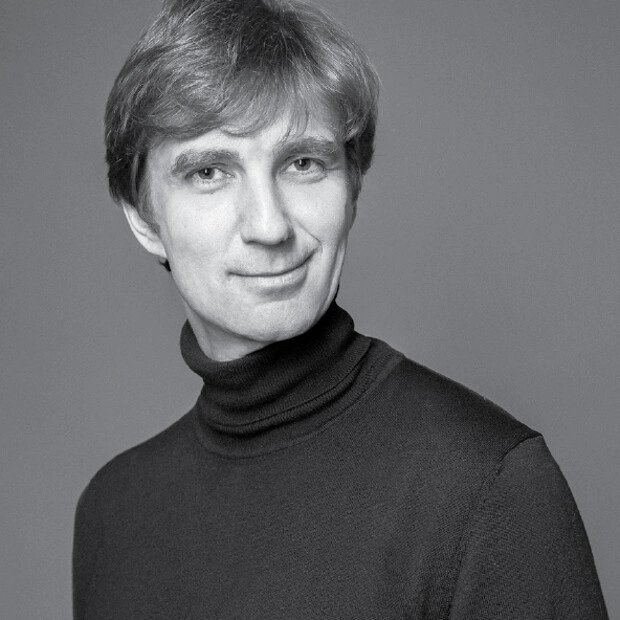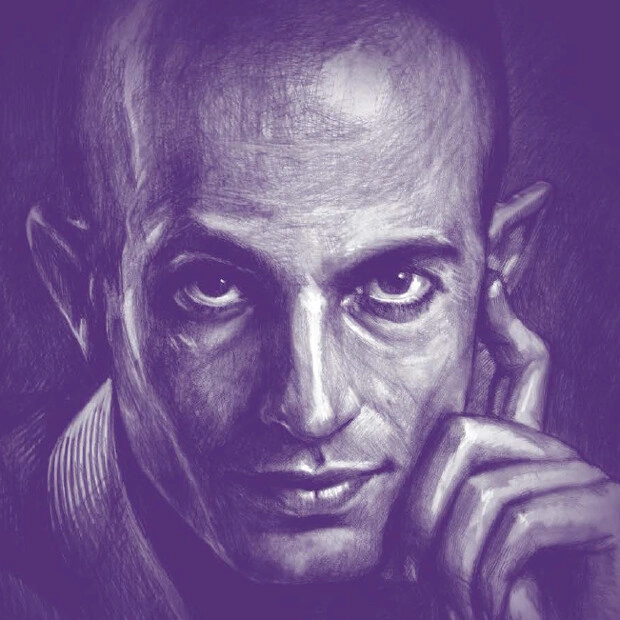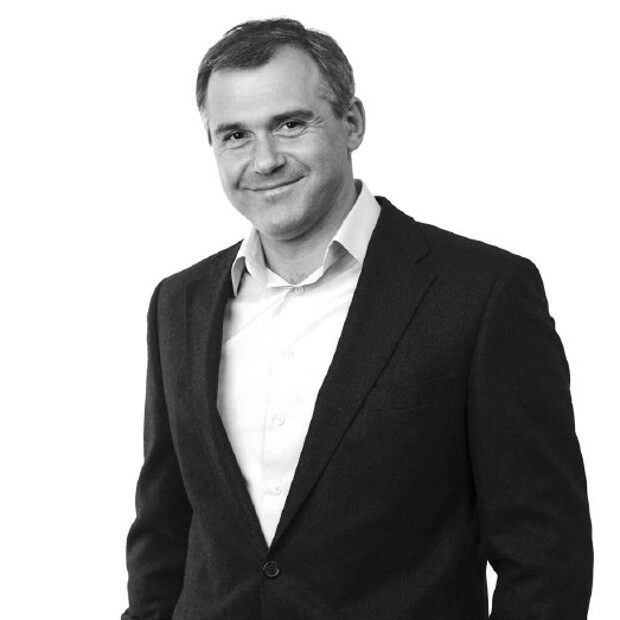The world around us is constantly changing: the weather takes us by surprise, prices jump, new gadgets take the place of old, ideas are renewed, relationships and opportunities are transformed, but certain questions about the world and our place in it remain eternal. Another change would be our developing position within the timeless paradigms of "Man vs. Destiny", or "Man vs. Creator", or "Man vs. Inevitable Circumstances". According to the concept of culturologist Arnold Toynbee, civilisations develop in response to challenges brought on by nature or territorial neighbours, and the lack of an adequate response spells degradation both within man and society. Professor Armen Darbinyan, the former Prime Minister of Armenia, regards challenge as something that stimulates growth and development, spiritual transformation, and moral formation.
Wars, hunger, inequality, natural disasters, water shortages, epidemics, cyber threats… Global challenges haunt us on a daily basis, echoed by the voices we hear on the news and the sensational headlines we see in the media. All this, it would seem, will long continue to serve as a silent reproach to humanity, a kind of demonstration of what is, by and large, our feebleness. But these challenges are tied to humanity as a whole, bearing the shade of "collective irresponsibility", and therefore they seem insoluble. The state of modern human conscious-ness doesn’t currently enable us to treat global challenges as personal challenges, as applying also to each and every one of us, along with all the commitment and responsibility therein.
We’re still at the mercy of personal challenges when it comes to our own destinies. How do you navigate the trajectory from human organism to distinct individual to actualised person, all while ensuring you aren’t compromising or relinquishing any more than you must? Do you make the full journey, or do you stop at some point? How do you overcome the problem of "fathers and children", especially taking into account our own transformation, taking from our elders not the "ultimate truth", which we must find ourselves, but values, which we never stop learning, even once we ourselves have become the "father" figures — both figuratively, but also, and especially, literally: the fathers of children — and how do we resist overdoing it in our efforts to "teach" our own offspring? How, in the eternal dilemma of "Peace vs. War", do you learn the way to choose Peace? How do you learn to forgive? How do you rise to Love?
From my point of view, the recent Akunin-Pozner virtual dialogue on the degree of acceptable compromise was rather unconvincing. Over the course of our lives, we inevitably become the carriers and embodiments of our own Standards: of behaviour, of action, of reaction, of assessment. But it shouldn’t necessarily have a capital letter: no one’s done away with freedom of choice, a choice that may range from remaining perfectly un-compromising to voluntarily wavering like a weathercock. And between these poles are thousands of options of other individual standards. The expectations placed on us, as well as the requirements and attitudes towards us are determined precisely by the standards that we have formed out of ourselves The degree of compromise will depend on what we come to symbolise once history has been written, on if our standard has been woven into that history, leaving a mark our successors will attempt to emulate, or if we’ve even gone so far as to become a household name.
In fact, the first challenge that we, though unconsciously, face in life is the challenge of names. In naming us, our parents also bestow upon us a program of sorts, in accordance with their ideas of our future trajectory. With time, of course, we try to make our own adjustments, and the most persistent among us even manage to redraw the preset program. But this doesn’t change the content of the challenge: our name is a down payment that our parents give us at the beginning of our lives. It’s one that we work to fulfill our whole lives through, until those lives come to an end, under that same name, which by that point has earned and been bolstered by its own standard.
The program given us by our naming is supplemented by the program laid out by time. An extremely interesting phenomenon is the generational challenge that occurs when a generation’s most active years coincide with a dramatic shift in epoch. In this sense, you were lucky if your youthful years, like mine, happened in the nineties, a time that presented unprecedented opportunities for expansion. For me, for instance, the idea of Armenia’s nationalstate independence was decisive in choosing my life’s trajectory. Not every century provides an opportunity to engage in something like that. Everything in the country had to be rebuilt from scratch, not only the economic and political superstructure, but the whole system of social relations, even including interpersonal interaction. Is this not a challenge for the whole generation? It might not be for everyone… After all, the Soviet era’s main personal tragedy, which I, as a student in the eighties, felt to the full extent, was the loss of subjectivity. With the construction of a new sovereign state, we actually linked the restoration to the acquisition of personal subjectivity. We were just the objects of a grand social experiment.
I was given my first really significant lesson in op-position to the status quo when, still a boy, I raised my glass of cola to clink glasses on equal terms with the elders at a plentiful Armenian dinner. One of them re-buked me sharply: "Remember, boy, you have to clink glasses from below!" Everything inside me was boiling. I didn’t want to "clink glasses from below," not then, not any other time in my life. My internal opposition to what is alien has allowed me to adequately accept my generational challenge. Of course, it was also about boldness, which is based on confidence in your own abilities, as well as a little luck. So it was predetermined that, to this day, I would be unconditionally supportive of impudent young people who, in their behaviour and thinking, go beyond the accepted norms and push the boundaries of the modern perception of things.
The most powerful challenge for me has always been the one that I threw upon myself, and publicly, so that there was no chance to retreat. Over time, the content of my challenges changed, of course. At the beginning, they always concerned tangibilities, and I would aim at seemingly unattainable goals. But the thirst for rapid maturity, multiplied by having made commitments publicly, led me to the intended goal each time. Then it was the Idea’s turn. The challenge here was first to believe in the Idea of subjectivity, and then to surround it with as diverse and capable a team as possible, and try to implement it. I won’t say that we managed to accomplish this in full, so those who follow us have something to do.
There is another challenge that spans one’s entire life, which has nothing to do with publicity, and that’s spiritual growth. What could be more beautiful than total immersion in oneself, than contemplation and reaching new heights of knowledge, both of the world and of man in it? This process approaches infinitude. And it’s a pleasant process: the category of enemies immediately falls away, aggression disappears, and the positive perception of reality becomes the norm.
And yet I consider Love to be the highest challenge for homo sapiens. It’s one we all need to aspire towards. Blessed is the one who has really known it, who has overcome this beautiful challenge and managed to prove worthy of Her Majesty. The ascent to Love is the most beautiful movement that the human Body, Spirit, and Consciousness could be capable of.
Reach Love and stay there with it; that will be your most important response to any possible challenge.
